Speaker Details
2024 speakers.
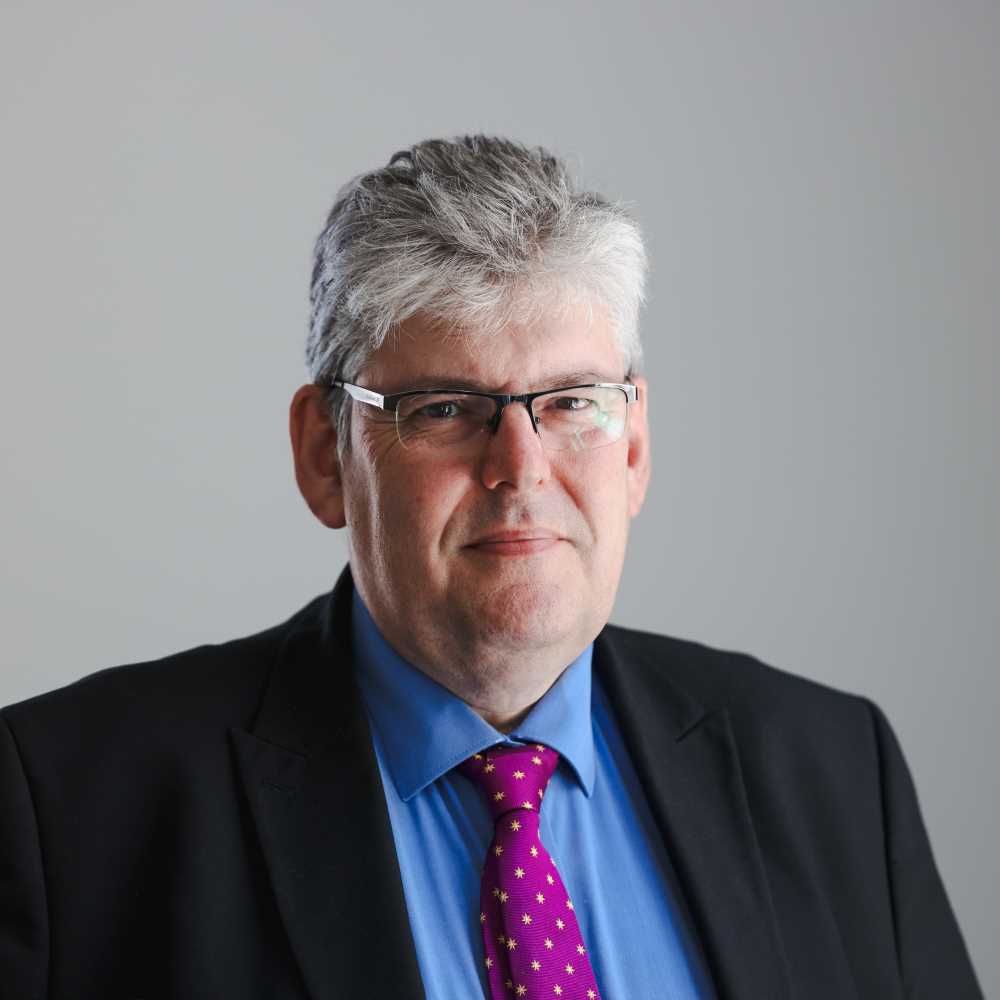
Prof Paul S. Monks BSc, DPhil, FRMetS, FRSC, FInstP
- Job Title: Chief Scientific Adviser
- Organisation:Department for Energy Security and Net Zero
- Opening Speech:Tuesday 5th November
Professor Paul Monks is the Chief Scientific Adviser (CSA) for the Department for Energy Security and Net Zero (DESNZ). As CSA, he delivers independent and impartial scientific advice to Ministers and policy makers across the DESNZ portfolio. Paul also works closely with the Government Chief Scientific Adviser, other Departmental CSAs, and the department’s Chief Economist, to strengthen the links within and across departments, encouraging effective engagement and knowledge sharing, and to support delivery of a robust evidence base to underpin DESNZ policy decisions. Prior to joining the department, Paul was Pro-Vice Chancellor and Head of College of Science and Engineering at the University of Leicester, where he remains a Professor in Atmospheric Chemistry and Earth Observation Science.
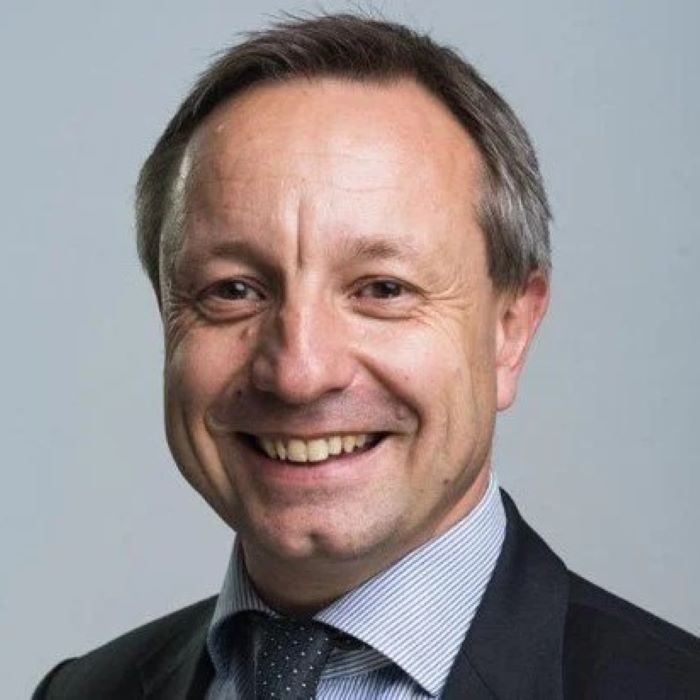
Mr Jonathan Brearley
- Job Title: Chief Executive
- Organisation:Ofgem
- Opening Speech:Tuesday 5th November
Jonathan became Ofgem's Chief Executive Officer in February 2020. This follows his previous appointment as Executive Director for Systems and Networks in April 2018. He has wide-ranging energy sector experience, having led Electricity Market Reform as the Director for Energy Markets and Networks at DECC. Prior to this, he was Director of the Office of Climate Change, a cross-government strategy unit focussed on climate change and energy issues, where he led the development of the Climate Change Act. Earlier in his career, Jonathan was a senior adviser in the Prime Minister’s Strategy Unit. He holds a Bachelor’s degree in Mathematics and Physics from Glasgow University and a Master’s degree in Economics from the University of Cambridge.
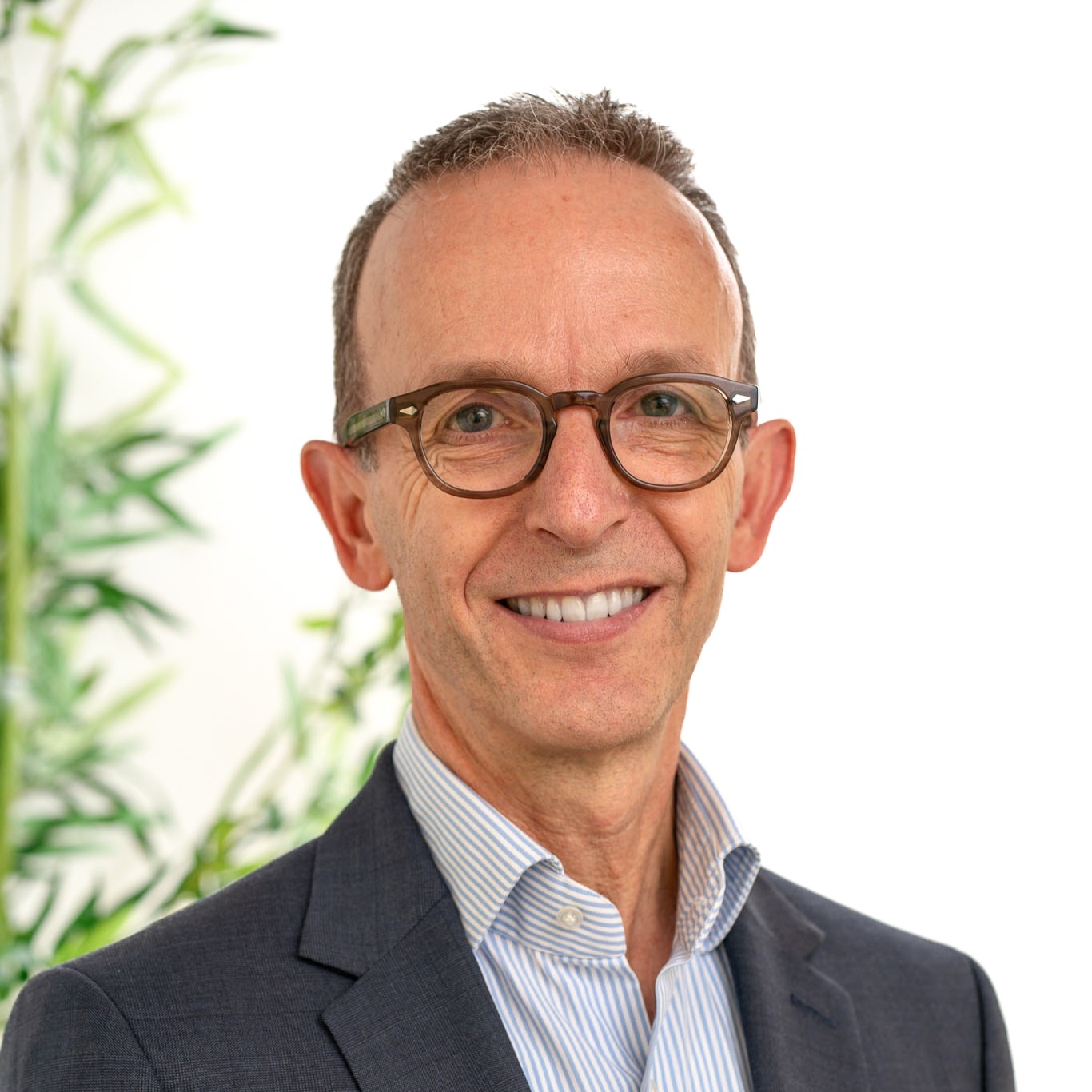
Neil McDermott
- Job Title: Chief Executive
- Organisation:Low Carbon Contracts Company
- Opening Speech:Tuesday 5th November
Neil is the Chief Executive and a Board Director of Low Carbon Contracts Company (LCCC) and Electricity Settlements Company (ESC). Neil joined LCCC and ESC in 2014 and led the set up and growth of the companies where, today, they manage large portfolios of Contracts for Difference and Capacity Market agreements, with pivotal roles in contract management, settlements and development of these key markets.
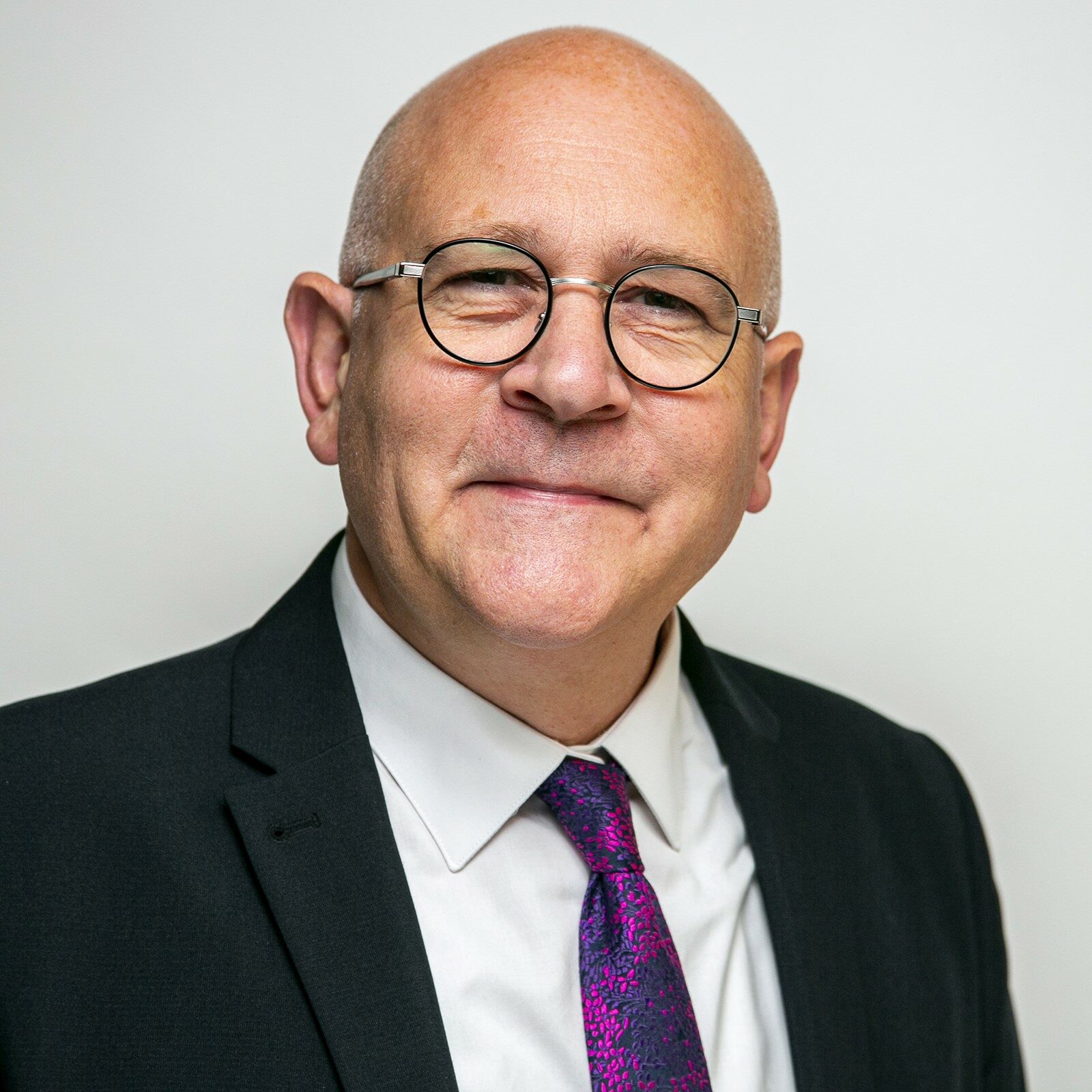
Stuart R Broadley FEI
- Job Title:Chief Executive
- Organisation:Energy Industries Council
- Opening Speech:Wednesday 6th November
Stuart joined the Energy Industries Council (EIC) as CEO in 2016, after a 25-year career leading global businesses in oil & gas, power, renewables and defence. Winner of the 2023 King’s Award for International Trade, the EIC is energy agnostic and one of the world’s largest energy trade associations with 950 member companies. Stuart is architect of the Energy Exports Conference, which brings 20 international delegations to the UK annually, and the World Energy Supply Chain Awards, the world’s largest energy awards programme. He authors the Survive & Thrive annual report, researching preferred supply chain growth strategies in tough markets.

James Naish MP
- Job Title:Member of Parliament for Rushcliffe
- Organisation:Parliament
- Opening Speech:Wednesday 6th November
For the past decade, James has worked full-time in the energy industry, leading large consumer programmes including smart metering, faster customer switching and price control business planning (2023-2028). He has also been involved as a Councillor and Council Leader, helping to secure the UK’s first fusion prototype energy plant for Bassetlaw in the north of Nottinghamshire, and promoting Local Area Energy Planning across the county. James works across industry as a Vice President of the Association for Decentralised Energy and is committed to helping the new government using his professional background. He was elected as the new MP for Rushcliffe in July 2024.

Naomi Baker
- Job Title:Senior Policy Manager
- Organisation:Energy UK
Naomi leads on storage and demand side response for trade association, Energy UK. This includes running industry workgroups on both DSR and storage. Energy UK’s storage workgroup covers both long duration and short duration electricity storage and works to identify and advocate on resolving barriers to market access for storage technologies. Naomi has an MBA in Strategic Carbon Management and has previously worked in building retrofit, carbon management heating and energy efficiency policy.
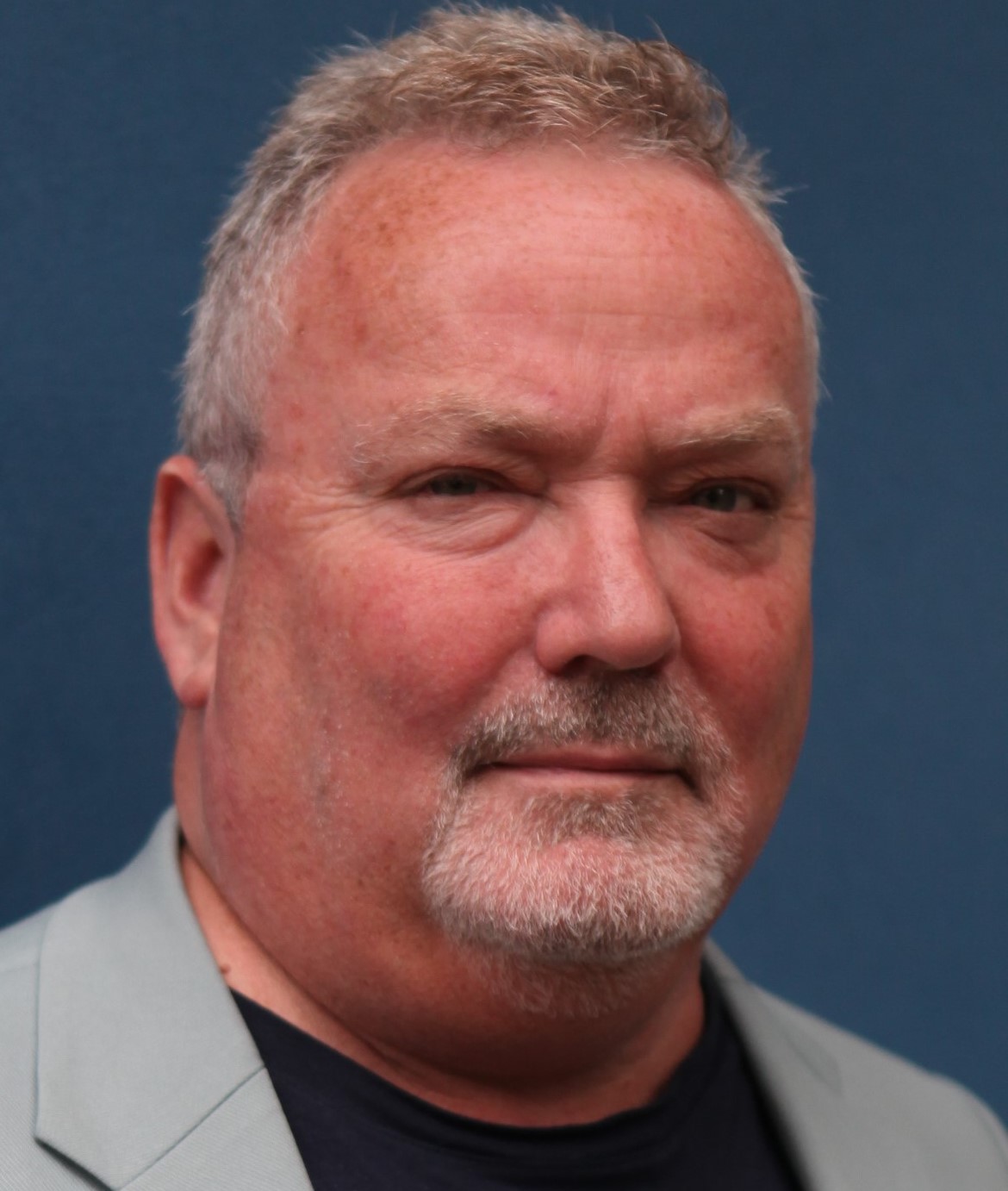
Prof Phil Blythe CBE
- Job Title: Director
- Organisation:DARe
Phil Blythe is Professor of Intelligent Transport Systems (ITS) at Newcastle University, and former Chief Scientific Adviser for the Department for Transport. Phil is the Director of the new National Hub for Decarbonised, Adaptable, and Resilient Transport Infrastructures (DARe), funded by the Department for Transport and UKRI, that brings together leading UK universities and diverse industry, civic, and government partners.
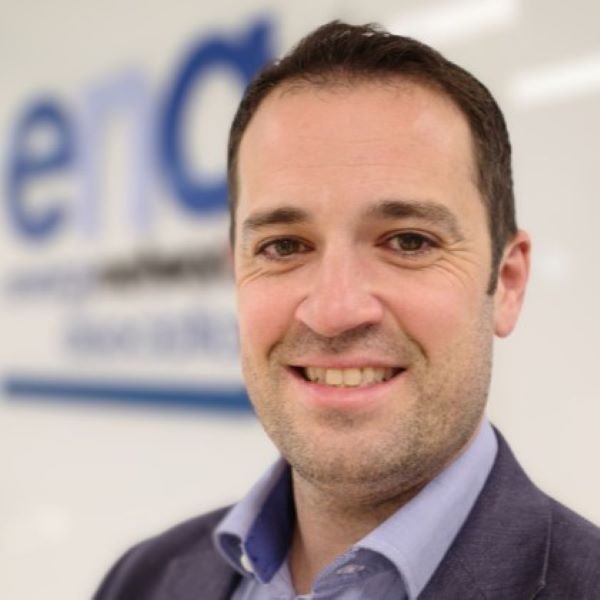
David Boyer
- Job Title: Director - Electricity Networks
- Organisation:Energy Networks Association
David is responsible for leading all aspects of ENA’s work around electricity systems, including our flagship projects helping to make the UK’s energy grid smarter and more flexible, delivering benefits for customers in the long run. David joined us from Accenture and has over 13 years of experience in the utilities sector. He began his career with UK Power Networks, where he worked in a host of engineering roles before specialising in putting innovation into practice, as Innovation Manager. At Accenture, he spent five years on strategic projects, often focused on the challenges within energy transition.

Caroline Bragg
- Job Title:Chief Executive
- Organisation:The Association for Decentralised Energy
Caroline has worked in the energy sector for almost a decade, working across renewable electricity, innovation and now decentralised energy. She has worked at the ADE for over 6 years – focusing first on policy for our sectors and more latterly, also on research in energy through leading the ADE’s ACE-Research consultancy arm. She has sat on numerous energy sector Boards and groups. This includes most recently the Prospering from the Energy Revolution’s Advisory Group and as Treasurer for CogenEurope.
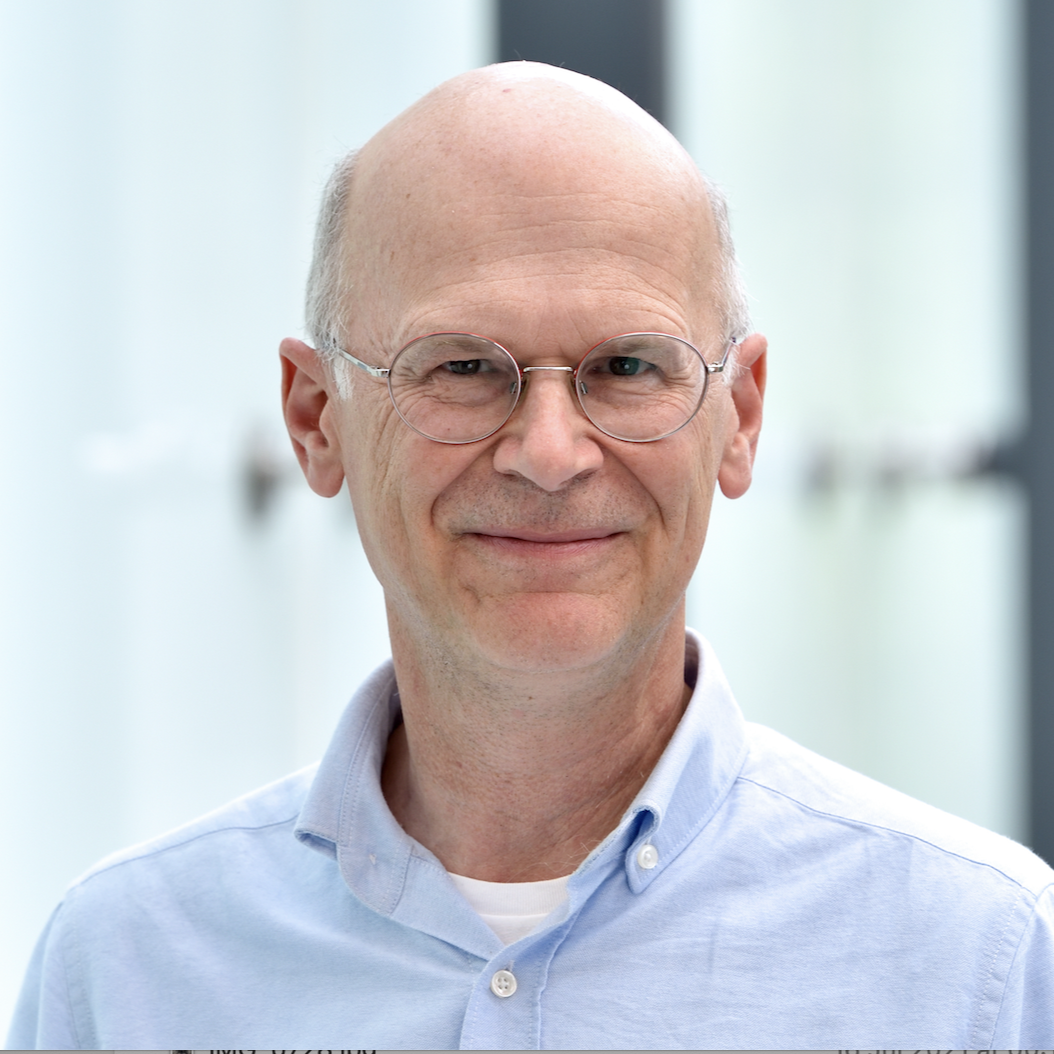
Prof Peter Childs
- Job Title: Co-Director
- Organisation:Energy Futures Lab - Imperial
Peter Childs FREng is the Professorial Lead in Engineering Design and founding Head of the Dyson School of Design Engineering at Imperial College London. His expertise spans sustainable energy, including wind turbines and solar technologies, as well as robotics for industrial applications. He is a director at Q-Bot Ltd, specialising in robotic technologies for sustainable construction, and BladeBUG Ltd, focusing on maintenance robots for offshore wind turbines. Previously, he directed the Rolls-Royce University Technology Centre for Aero-Thermal Systems. Peter is Editor of the Journal of Power and Energy and holds advisory roles in academia and industry.
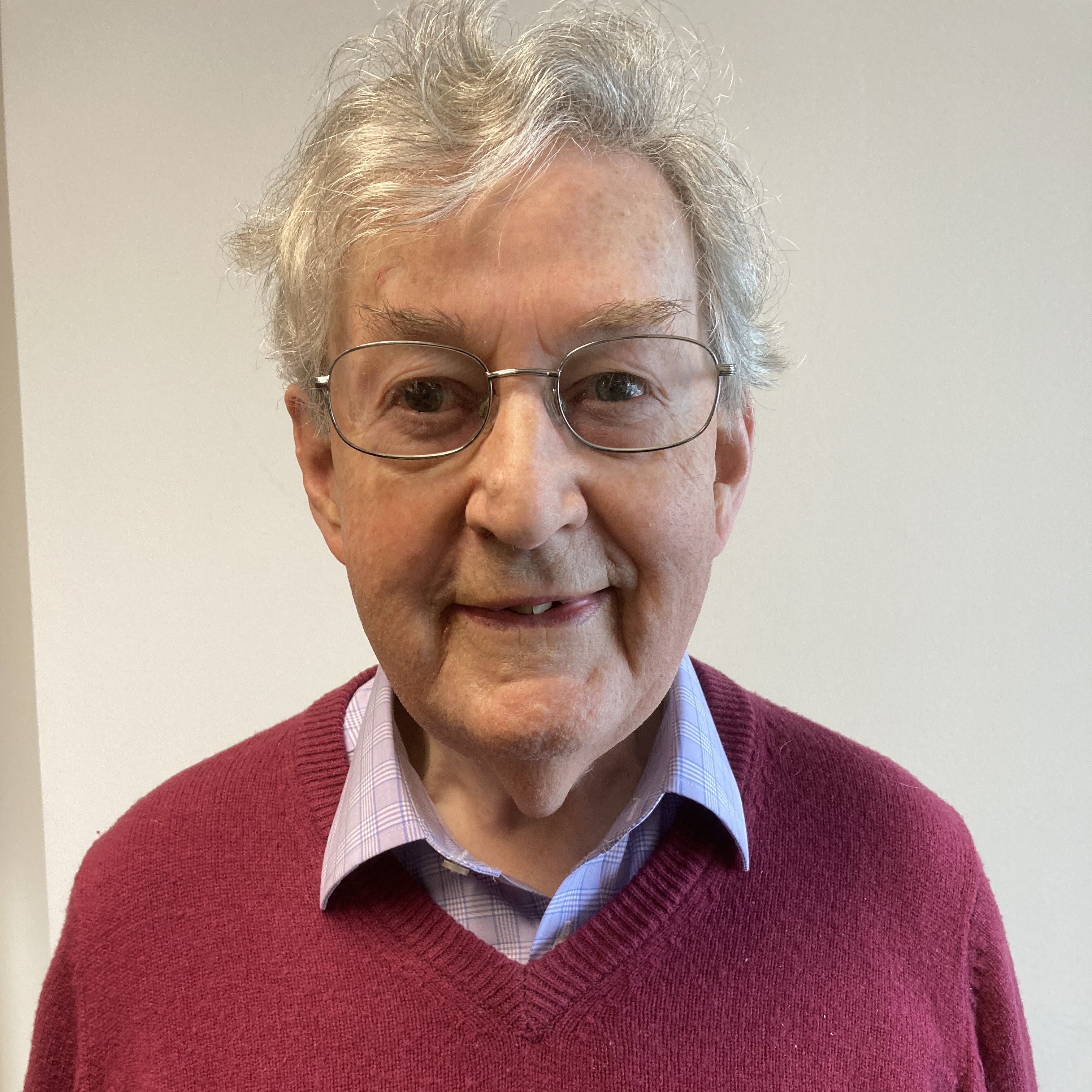
Tony Dye
- Job Title:Chief Technical Officer
- Organisation:Epicam
Serial inventor of patented engine technologies, Founded Rotary Power Couple Engines Ltd. in 1987, winner of the Shell Springboard award for exhaust heat recovery in 2007. New prize of Shell Springboard award in 2016 with the Cryogenic air cycle engine. Published many articles in Automotive Engineer. Owner of the Patents currently granted and pending, including Liquid Air Engine filed 2018. Epicam Ltd is developing scalable longer duration Liquid Air Energy Storage and Regeneration (LAESAR) technology with RTE potential of 68%, targeting storage provision to 10% of grid capacity for global power grids. LAESAR also incorporates direct capture of CO2 and CH4 from process air. It can transform Wind turbines into local energy storage sites, eliminating curtailment and simplifying grid management, forming a global population of wind facilities capable of extracting 10 gigatonnes/yr. of CO2 to repair Earth’s climate.
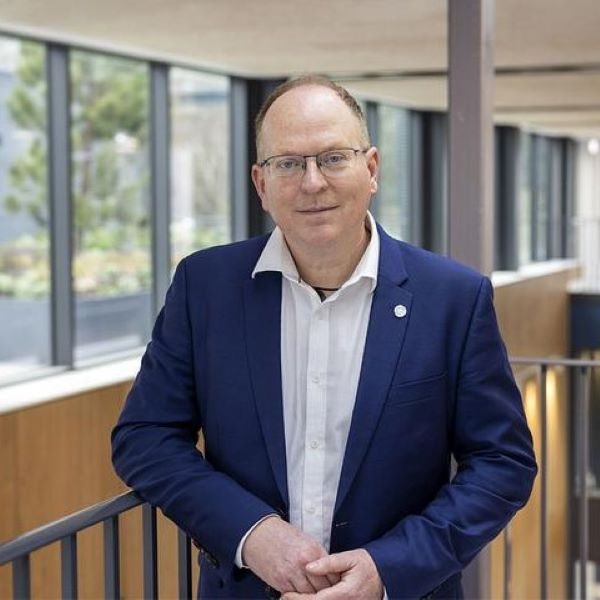
Prof Chris Fogwill
- Job Title: Executive Dean - Faculty of Science and Engineering
- Organisation:University of Plymouth
A leader in climate science and applied low carbon energy solutions and research, Chris has led research and knowledge exchange in major programmes that aim to reduce CO2 emissions through innovation in smart local energy systems, renewables and the pioneering production, storage and use of hydrogen. Working with a broad based network he has helped develop and deliver some of the most innovative low-carbon ‘at scale’ energy demonstration projects in Europe, including UKRI, BEIS and DESNZ funded partnership programmes such as: Cranfield University’s RPIF-funded Hydrogen Innovation Incubator (CH2i), the Smart Energy Network Demonstrator (SEND), HyDeploy, Zero Carbon Rugley, HyDEX and HyPER.
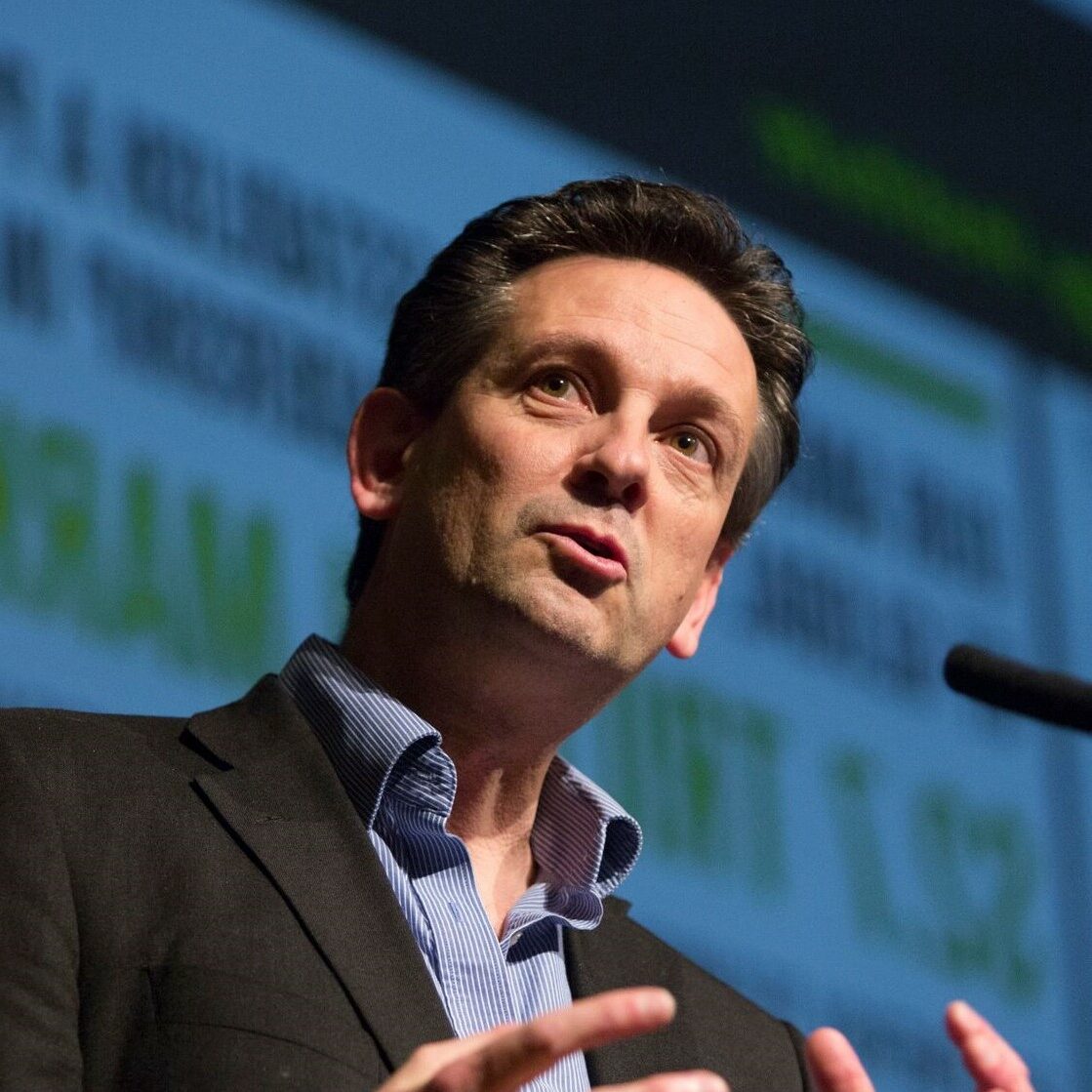
Prof Martin Freer
- Job Title: Chief Executive
- Organisation:The Faraday Institution
Professor Martin Freer is a nuclear physicist and joined the Faraday Institution as CEO in September 2024. Since 2015 he has served as the Director of the Birmingham Energy Institute (BEI) at the University of Birmingham, a pan-discipline research centre with research activities from hydrogen, energy storage and battery technologies, through to nuclear energy, which is focused on creating technology and guiding policy that will shape future energy solutions. He has also served as Director of the Energy Research Accelerator (which comprises eight internationally renowned Midlands universities that are part of the Midlands Innovation partnership, together with the British Geological Survey) delivering a £200m programme to accelerate university research into regional, national and international impact linked to 1,400 researchers.
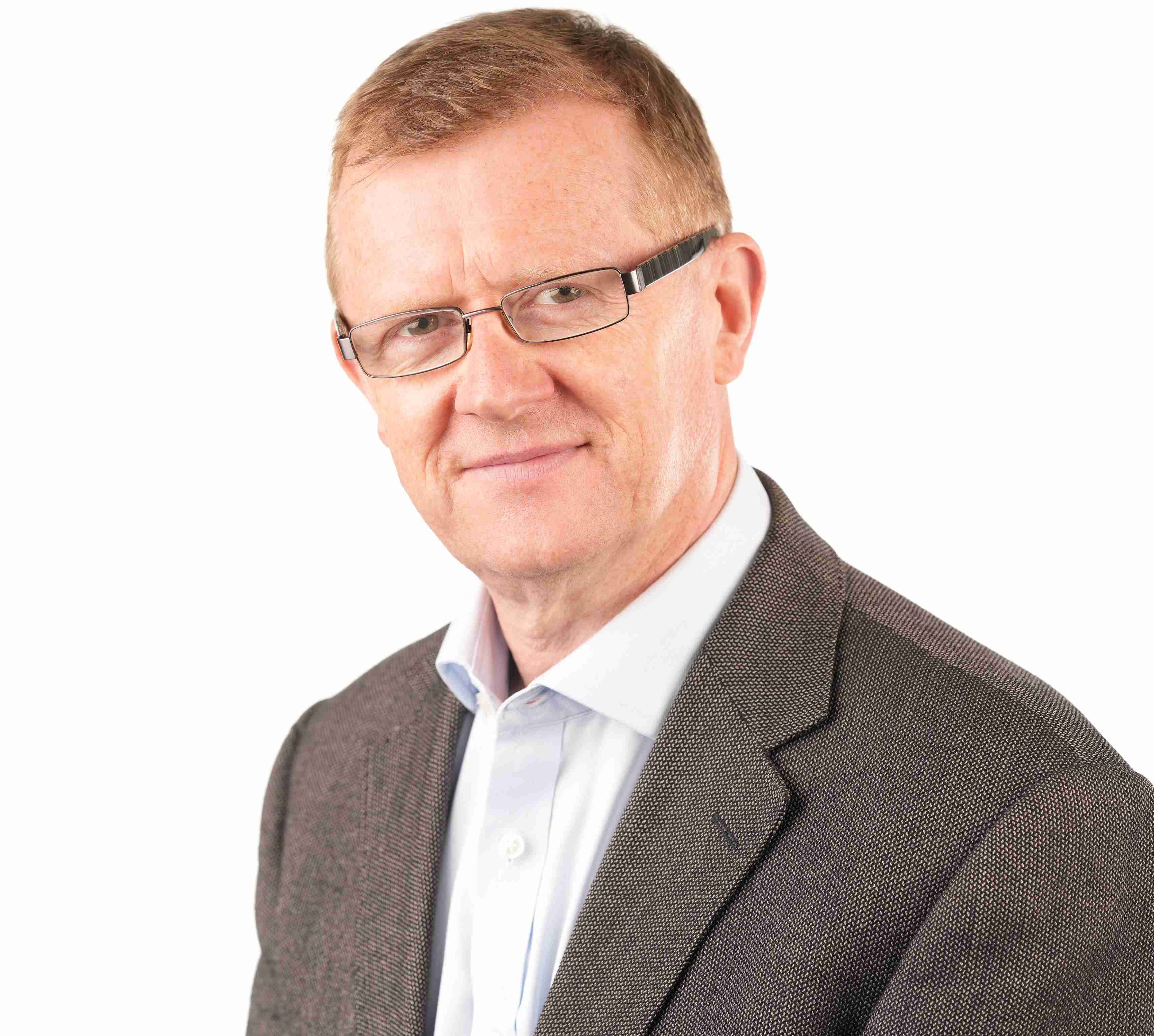
Prof Seamus D. Garvey
- Job Title: Professor of Dynamics
- Organisation:University of Nottingham
After graduation in 1984, I worked for GEC ALSTOM Large Electrical Machines Ltd. in Rugby for 6 years. I joined Aston University in 1990 as a lecturer in Mechanical Engineering and progressed to the status of “Reader” before I left in 2000 to join University of Nottingham as a Professor in Mechanical Engineering. My original specialisation was in machine dynamics but since 2005, my focus has been on thermo-mechanical methods of energy storage and how these can be integrated into an energy system largely powered by renewables.

Angela Hepworth
- Job Title: Commercial and Carbon Markets Director
- Organisation:Elimini (part of Drax Group)
Angela is Commercial and Carbon Markets Director for Elimini, within the Drax Group. She leads on the development of carbon markets, and frameworks for delivering high integrity carbon removals. She is enabling Elimini’s ambition to be the leading provider of carbon removals from bioenergy with carbon capture and storage (BECCS) in the UK, US and globally including by the conversion of Drax Power Station in North Yorkshire to BECCS by 2030. Drax is set to be the first BECCS power station in the world, initially providing 4mt of carbon removals annually to support the UK Government’s clean power by 2030 ambition. Angela’s career has focused on energy policy and the development of low carbon infrastructure. Prior to joining Drax she spent 10 years at EDF, latterly as their Policy and Regulation Director, and before that leading the development of plans for a new nuclear power station at Sizewell. She started her career in the civil service in the Department for Trade and Industry, developing and implementing policies in a wide range of areas, including energy security and the development of electricity markets. She is a Powerful Women Ambassador, with a real commitment to enhancing diversity and inclusion in the energy sector.
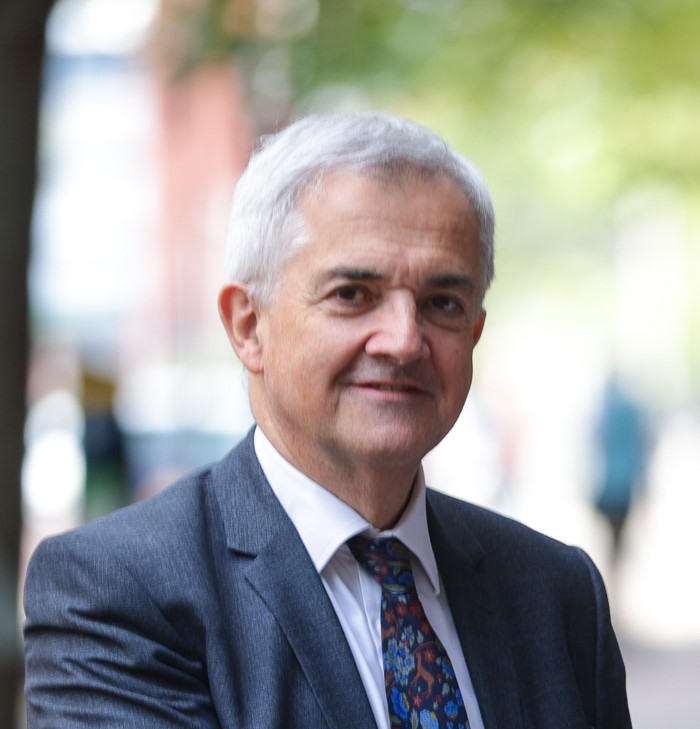
Rt Hon Chris Huhne
- Job Title: Chair
- Organisation:Anaerobic Digestion & Bioresources Association (ADBA)
Before taking up the role of chair of ADBA, Chris previously offered strategic advice to ADBA from 2014 to 2018. He is a former City economist and journalist. He also was the Secretary of State for Energy and Climate Change from 2010 to 2012 and previously shadow Environment Secretary.

Iolo James
- Job Title: Head of Communications
- Organisation:Nuclear Industry Association
Iolo James is the Nuclear Industry Association's Head of Communications having joined the NIA in January 2021. A former BBC journalist he spent eight years working on major domestic and intentional news stories. Hailing from Cardiff, he leads on the NIA's work in Wales.

Ben Kek
- Job Title: Deputy General Manager
- Organisation:Northern Endurance Partnership (East Coast Cluster)
Ben has been working on the East Coast Cluster and its original component projects including NEP for over 4 and half years, initially as the Appraisal General Manager since project inception. In his current role, as Deputy General Manager of the NEP JV, he is involved in all aspects of technical and commercial integration across the full CO2 value chain. His career with bp has taken him to many countries where he has worked across the full lifecycle of several large mega projects from drawing board to production operations. Ben is a Chartered Engineer and Fellow of the Institution of Engineering and Technology.

Arun Khuttan
- Job Title: Co-Chair
- Organisation:Next Generation Nuclear Industry Council
Arun is Co-Chair of the Next Generation Nuclear Industry Council and works as a Sustainability Manager at the Nuclear Decommissioning Authority. Arun is also a fellow of the RSA, and initiated the Destination Nuclear campaign. He also founded the #NetZeroNeedsNuclear campaign and co-led the UK YGN and global Nuclear for Climate presence at COP26 in Glasgow.
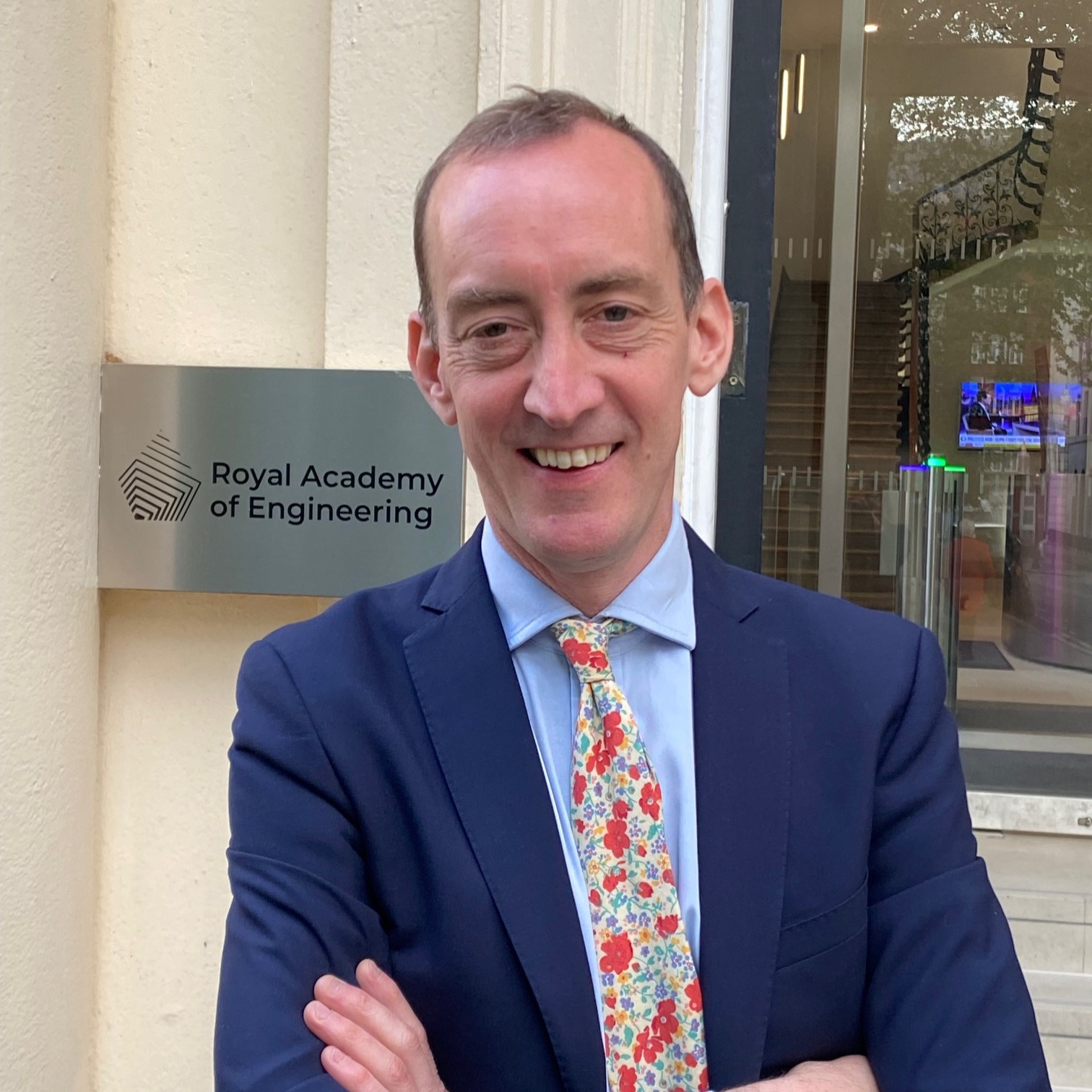
Dr Rhys Morgan
- Job Title: Strategic Projects Director - Skills and Inclusion
- Organisation:Royal Academy of Engineering
Dr Rhys Morgan is the Royal Academy of Engineering’s strategic lead on engineering education, skills and inclusion, guiding the development of its research, policy and programme activity. His portfolio of work includes analysis of the UK engineering skills base and the capacity and capability of UK engineering education to deliver the workforce of the future. He sits on and advises various government skills taskforces including nuclear, quantum, future telecoms and transport. He has led major activities including Formula 1 champion Sir Lewis Hamilton’s commission into improving the representation of Black people in UK motorsport and the forthcoming Formula 1 Diversity and Inclusion charter. He has also undertaken seminal research into UK STEM education and pedagogies for teaching engineering in schools, colleges and universities. Rhys advises the Academy’s broader engagement with the engineering profession including the collective of 40 Professional Engineering Institutions, the Engineering Council and EngineeringUK on a wide range of matters including ethics, sustainability, EDI and skills.
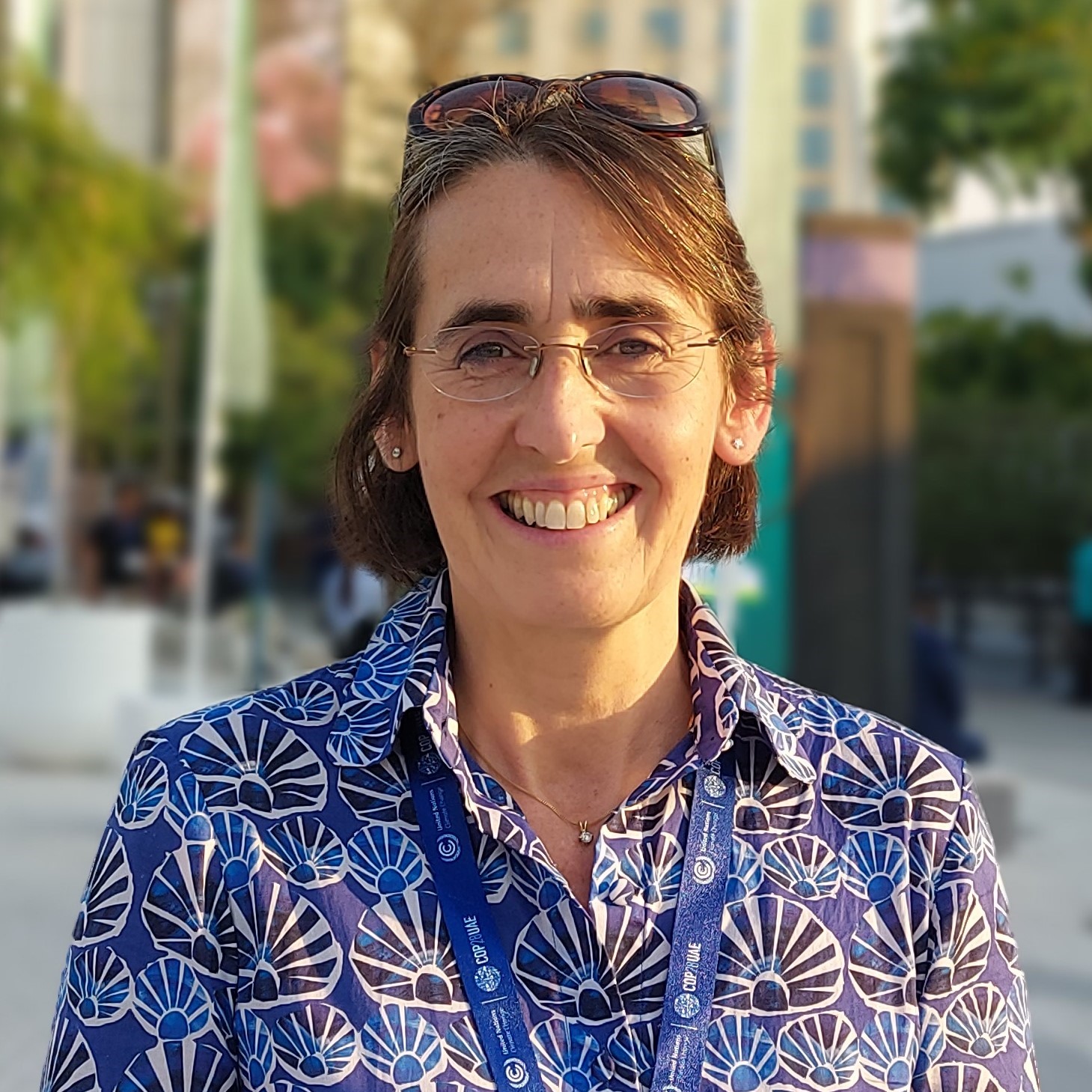
Charlotte Morton OBE
- Job Title: Chief Executive
- Organisation:World Biogas Association
A practising lawyer for 10 years, Charlotte Morton studied for her MBA at London Business School before setting up a car club business. Asked to establish the business side of ADBA in 2009, she saw the potential of an industry that can deliver huge potential and value to the UK. Given the even bigger global potential, which must be achieved if the Paris Climate Change targets and UN Sustainable Development Goals are to be met, Charlotte played a pivotal role in establishing the World Biogas Association in 2016 to promote and increase the rate of uptake of biogas globally. Charlotte is also on the board of Green Gas Trading Ltd, which runs the Biomethane Certification Scheme.

Alex Nicholson
- Job Title: Head of Nuclear Skills and Nuclear Supply Chain
- Organisation:Dept. for Energy Security and Net Zero
Alex Nicholson is Head of Nuclear Skills and Nuclear Supply Chain at the Department for Energy Security and Net Zero, focused on ensuring we have the skills and supply chain to deliver our civil nuclear ambition. He is currently supporting the Nuclear Sector Skills Team, the cross-government initiative stood up to deliver the National Nuclear Strategic Plan for Skills in close collaboration with the nuclear sector. Alex was previously Head of International Safety at the Department for Energy Security and Net Zero, focused on the relationship between the UK and key international organisations, including the UN-IAEA, OECD-NEA, and the G7.
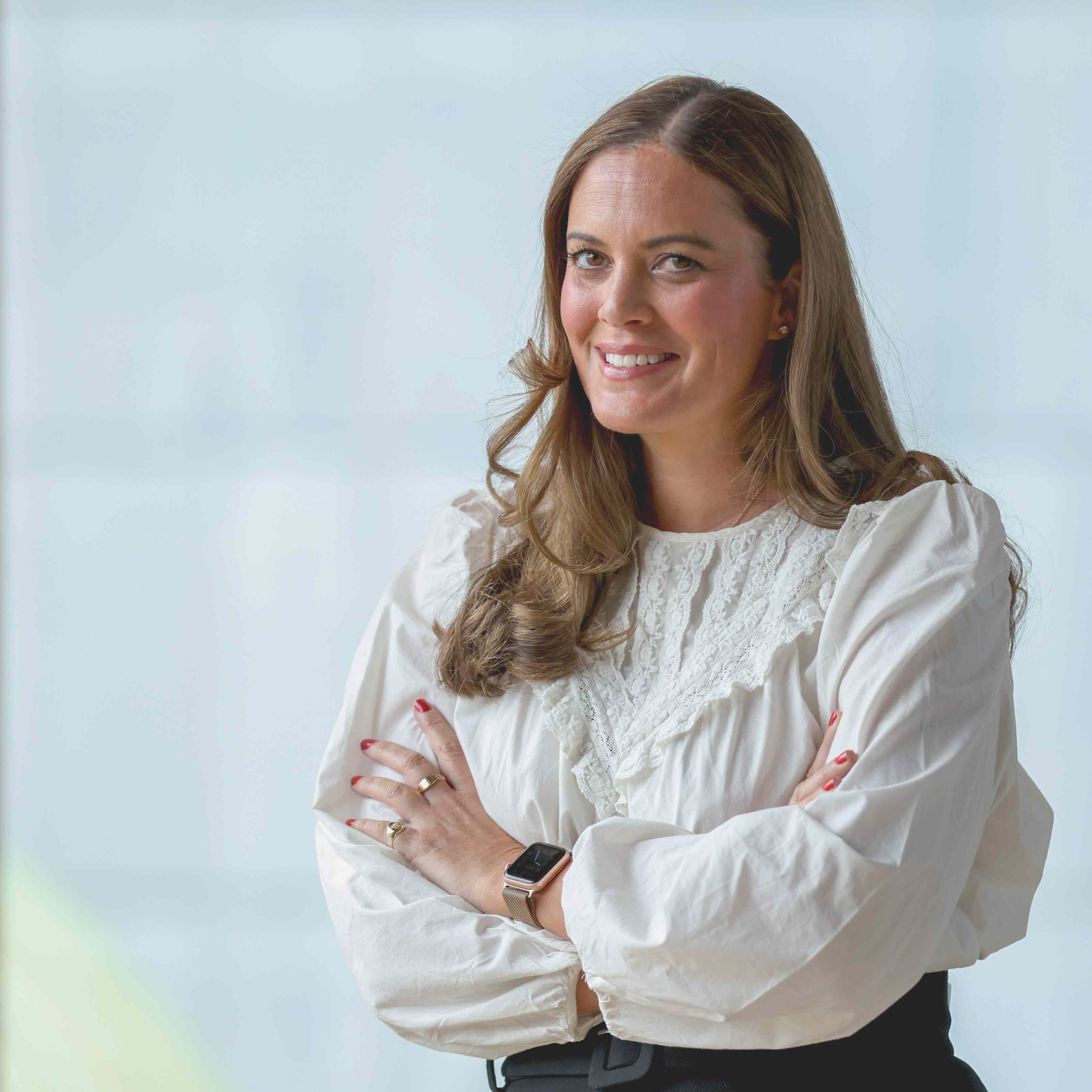
Zoisa North-Bond
- Job Title: Chief Executive
- Organisation:Octopus Energy Generation
Zoisa is the dynamic CEO of three tentacles of Octopus Energy Group - Octopus Energy Generation, Octopus Energy for Business and Octopus Electroverse. Octopus Energy Generation already manages hundreds of renewables projects in 18 countries worth £7bn. Zoisa’s team also develop tech-enabled products transforming the net zero economy. This includes the ‘Fan Club’ with 32,000+ communities requesting local wind turbines with cheaper bills and Winder (Tinder for Wind). Zoisa is a Trustee of the Octopus Energy Equality Foundation, and prior to joining Octopus Zoisa was the UK CEO of Dutch Utility Eneco B.V. growing their UK renewable asset portfolio.

Bindi Patel
- Job Title: Head of Customer Experience and Communications
- Organisation:Vattenfall Heat UK
Bindi Patel is Head of Customer Experience and Communications at Vattenfall Heat UK, with over 16 years’ experience in the energy industry. At Vattenfall, Bindi is responsible for overseeing the end-to-end customer journey, communications and community partnerships. She firmly believes that the design and delivery of heat network solutions must align with the needs of customers, and works to ensure that the voice of the customer is heard and represented across the business. In 2015, Bindi launched Heat Trust serving as Director and leading work on the development of customer protection standards that are now forming the basis of statutory regulation. Bindi has also been involved in driving forward better representation in the energy industry supporting the work of both the ‘Diverse Heat Network’ and ‘District Heating Divas’. She believes that a workforce should be representative of the communities it serves and that everyone, regardless of background, should have the opportunity to participate in the transition to a low-carbon future. Bindi is a Fellow of the Energy Institute.

Dr Mike Pitts
- Job Title: Deputy Challenge Director - Net Zero Heat
- Organisation:Innovate UK
Mike leads Innovate UK’s Net Zero Heat programme and is the Deputy Challenge Director for Transforming Construction. He was previously Head of Urban Systems at Innovate UK, covering the priority areas of Urban Living and Smart Infrastructure. He joined Innovate UK in 2012 to lead on embedding sustainability across Innovate UK’s strategy and has run programmes on cleantech, resource efficiency and environmental data.

Mike Reader MP
- Job Title: Member of Parliament for Northampton South
- Organisation:Parliament
Mike brings a wealth of experience from his previous role as an executive-level leader in the construction industry. With nearly two decades in the sector, Mike is a passionate advocate for sustainable building practices and clean energy solutions. His background in civil engineering and project management informs his approach to environmental policy and infrastructure development. In Parliament, Mike champions initiatives that promote green technology, improve energy efficiency, and support the growth of the construction and built environment sector. He is committed to driving forward policies that balance economic growth with environmental stewardship, ensuring a sustainable future for Northampton South and beyond.
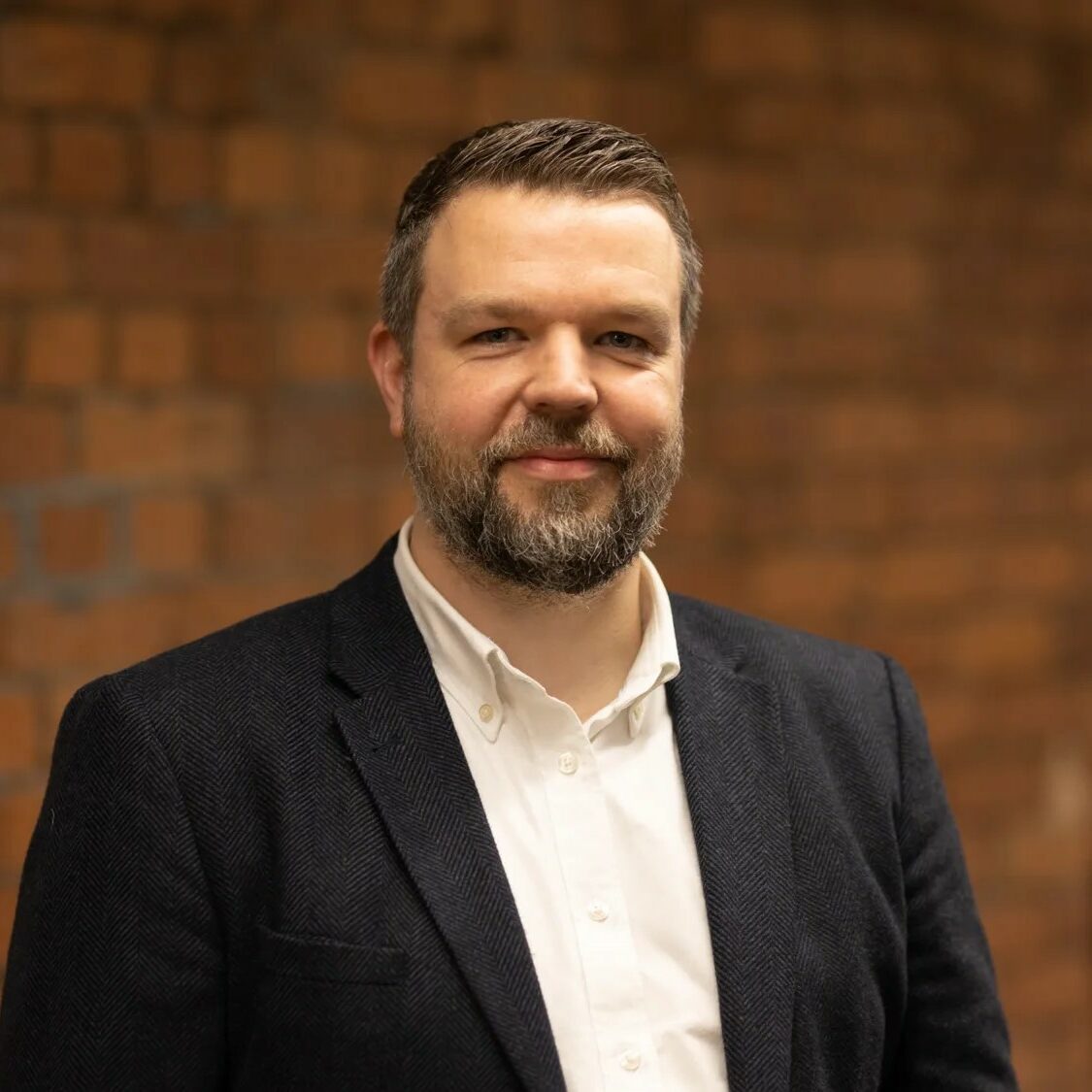
Peter Ridge
- Job Title: Associate Director - Power
- Organisation:Cundall
Peter Ridge leads the Power Systems discipline and Energy Sector at Cundall, a global multidisciplinary engineering design firm. With over 20 years of experience in technical and leadership roles, he has built and led high-performing teams focused on renewable energy, power infrastructure, and complex technical projects. Passionate about the intersection of technology and sustainability, Peter is driven to build a better tomorrow. His strategic and entrepreneurial mindset fuels innovation and fosters collaboration across disciplines, preparing Cundall and its clients for the future. Peter believes that by connecting diverse sectors and expertise, we can create resilient energy systems that benefit society.
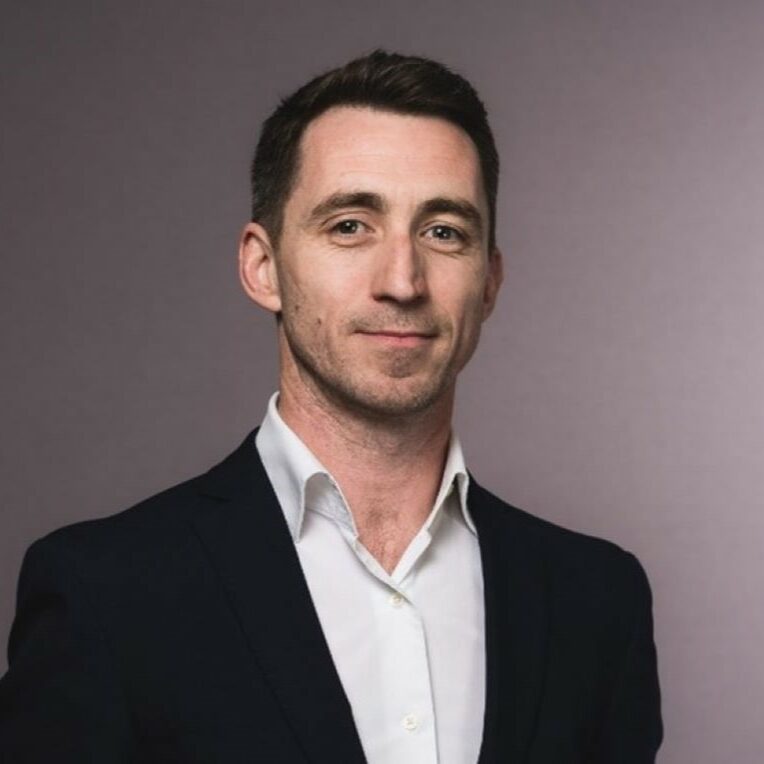
Brett Ryan
- Job Title: Head of Policy
- Organisation:Hydrogen UK
Brett is the Head of Policy for Hydrogen UK, the UK’s leading trade association representing more than 125 organisations that are commercialising hydrogen in the UK. He has led many of Hydrogen UK’s Working Groups, including Electrolytic and CCUS-Enabled Production, Power Generation, Industry, Transport and Jobs & Skills. Brett is also responsible for external stakeholder engagement, having an active role in the Energy Institute’s Hydrogen Committee and as a member of the BSI GSE/5 Hydrogen Standards Committee. Brett is a Chemical Engineer with over 15 years’ experience in the pharmaceutical, oil and gas and hydrogen sectors from roles ranging from manufacturing to design and consultancy. In previous roles Brett lead and supported a number of innovative hydrogen projects, including the commercial appliance work pack for the Hy4Heat programme, and the Dolphyn hydrogen production concept using floating wind.

Ben Smith
- Job Title: Deputy Director - Power CCUS
- Organisation:Department for Energy Security and Net Zero
Ben leads the team in incentivising the investment in power CCS technology, enabled through delivering robust policy. Ben started his career in 2007 at National Grid within the Electricity System Operator, where he held various commercial and delivery roles, all focused on delivering affordable, secure and increasingly decarbonised power.

Emma Thompson MSOE
- Job Title: Executive Director
- Organisation:Society of Operations Engineers
With over 21 years of experience working in engineering, on both the Professional Engineering Institution and in a corporate engineering environment, Emma Thompson MSOE is well versed in the engineering world. As an accomplished Executive Director, Emma not only brings a wealth of experience in driving organisational efficiency, optimising processes, and fostering growth but also a passion for the engineering sector. Emma is driven by a passion for optimising operations, boosting productivity, and orchestrating flawless execution across departments, establishing herself as a formidable presence. Her key responsibilities include spearheading process reengineering initiatives, enhancing operational efficiency, developing strategic plans to align business operations with company objectives, collaborating with internal and external stakeholders to drive revenue growth and market expansion, and cultivating high-performing teams while fostering a culture of continuous improvement.

Dr Emma Wilcox
- Job Title: Chief Executive
- Organisation:Society for the Environment
Emma became the Chief Executive of the Society for the Environment, the Chartered Organisation responsible for registering environmental professionals, in 2015. Emma is a Chartered Environmentalist and Fellow of IOM3 as well as a Chartered Fellow of the Chartered Management Institute and a graduate of the Goldman Sachs 10k Small Business Programme. As well as the Chair of the IOM3 Sustainability Development Group (SDG), Emma is a member of the UK Government’s Green Apprenticeships Advisory Panel (GAAP) and a Board Member of the Future Water Association.
2024 Sponsors
Sponsor



